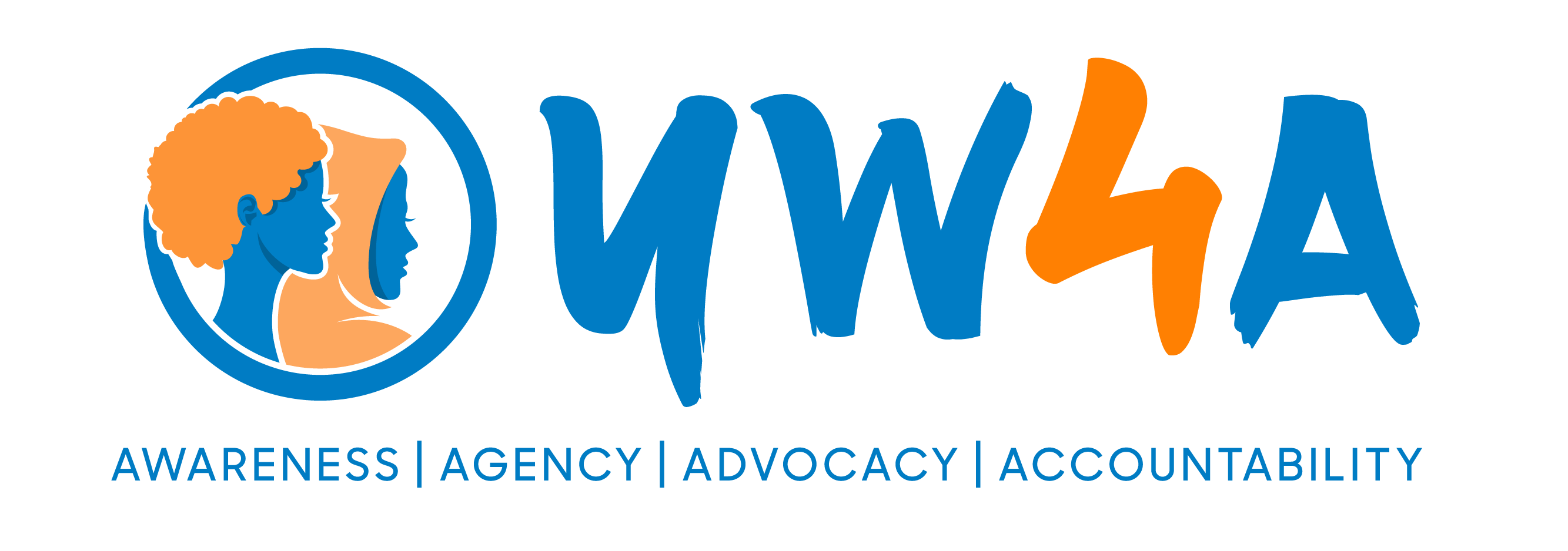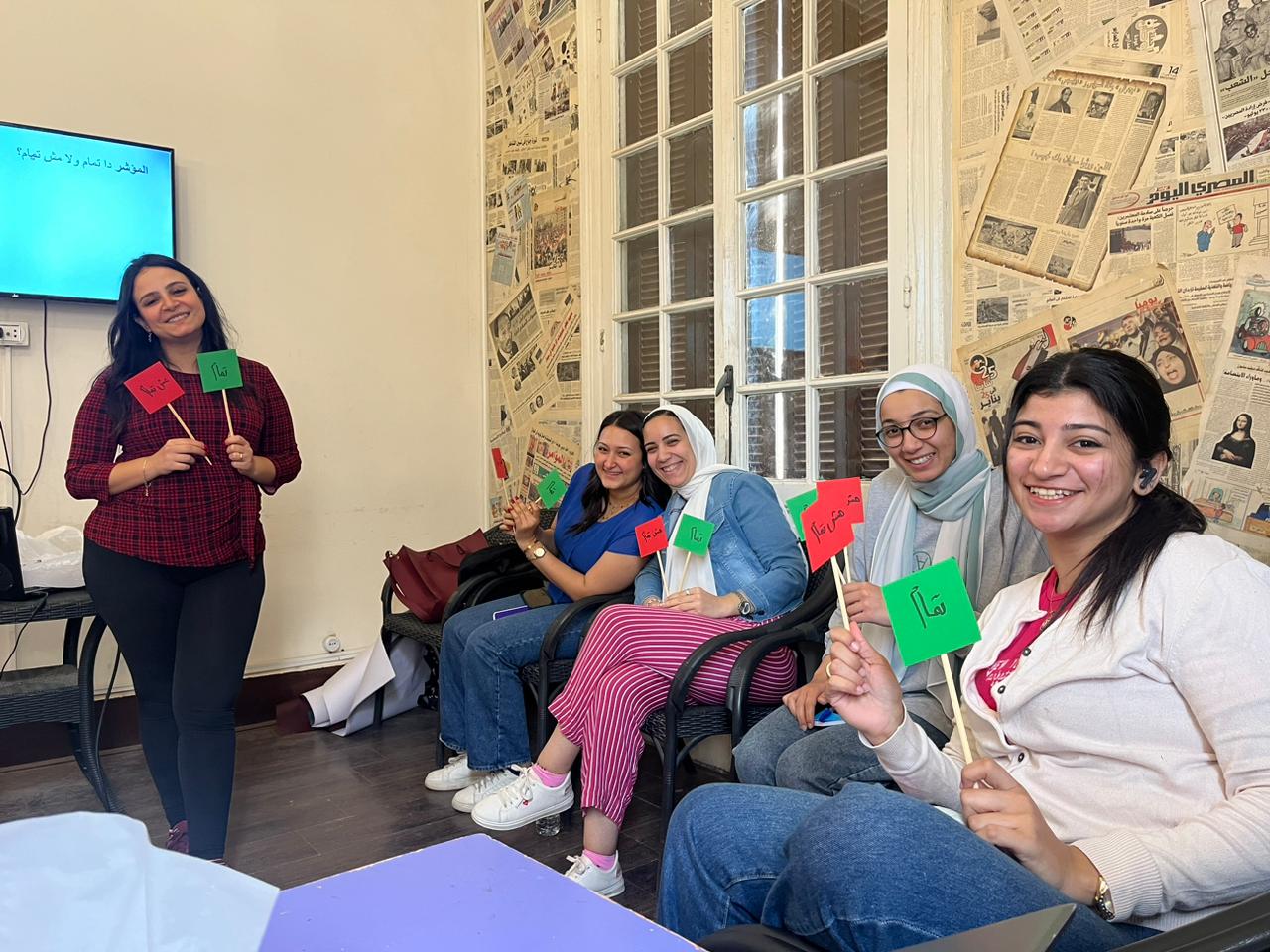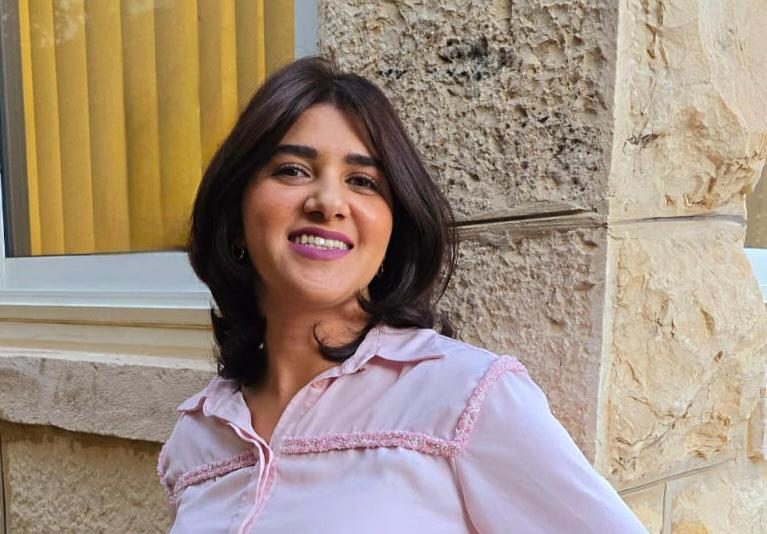
The Young Women for Awareness, Agency, Advocacy and Accountability (YW4A) initiative continuously identifies and optimises opportunities for young women to exercise their leadership and participate in critical conversations on various advocacy platforms.
The initiative uses a merit-based approach to engaging young women and offering opportunities to young women whose interests and potential align with the specific opportunity. This has provided equal opportunities and motivated young women to take part in advocacy spaces. This is especially for marginalised young women that have limited access to such opportunities and resources.
From Kenya, Beatrice Kerubo Nyabwonda (28) was among three young women selected to participate in the Sexual Violence Research Initiative 2024 Forum (SVRI2024), which took place from 21 to 25 October in Capetown, South Africa.
Beatrice shares her experience and lessons from the international convening in this interview.
Question: What was your motivation to apply for and to attend SVRI2024?
Beatrice: Attending the SVRI Forum 2024 was an opportunity to deepen my commitment to advancing women’s rights and addressing gender-based violence, a cause I actively champion through the YW4A programme. I was particularly eager to connect with experts, share insights from the projects we have implemented in Kenya, and highlight the feminist consultation methodology we use in our advocacy and research. The forum also provided a valuable platform to learn from global practitioners, exchange innovative ideas, and explore evidence-based strategies to create lasting change for women and girls.
My goal was to gain knowledge and solutions that could help address the challenges women face in their communities.

Q: What are the main takeaways from the Forum?
- Fresh Ideas for Impact: The event inspired innovative strategies for engaging young women in more inclusive and impactful ways. These ideas will help shape YW4A’s advocacy and program implementation moving forward.
- Building Meaningful Connections: Networking with organisations focused on women’s rights, and GBV revealed exciting opportunities for collaboration. While their contexts may differ, these partnerships can push for mutual learning and drive long-term change.
- The Role of Institutional Support: Observing the success of well-funded studies highlighted the importance of strong partnerships. Strengthening connections with supportive institutions will amplify YW4A’s research and advocacy efforts.
- Refining Feminist Consultation Approaches: Reflecting on our methodology emphasized the value of feminist consultation in creating safe spaces for young women. It also pointed out areas for improvement, such as making discussions more engaging and accessible.

Q: Who did you connect with in the event?
While tending to the World YWCA/YW4A booth, I connected with many attendees by sharing information about our projects in Kenya and other regions. I met activists, practitioners, and representatives from Johns Hopkins Bloomberg School of Public Health, who are interested in our feminist consultation methods. This exchange helped me learn from their expertise, explore new ideas for public health, and build valuable connections for future collaboration.
Attending workshops and visiting other booths, including Trocaire’s “Together for a Just World,” gave me a chance to engage with organizations, learn about their work, and explore opportunities for collaboration.
I also had the pleasure of meeting some remarkable individuals, including Wangechi L. Wachira, Executive Director of the Centre for Rights Education and Awareness; Selamawit Desta, Senior Programme Officer at Johns Hopkins; Lyndsey Dearlove, Global Director of Operations at NoMore; and Laurelle Mbaradza, Women’s Empowerment Advisor on Social Norms Change at Trócaire.

Q: What topics and sessions interested you the most?
- Creating a Supportive Environment and Reducing Gender-Based Violence for Very Young Adolescents: This session emphasized the importance of building a supportive environment for very young adolescents, a key demographic often left out of gender-based violence discussions. This provides a fresh perspective on the specific needs of younger adolescents and how to protect and empower them.
- For YW4A, it opens up a new area of focus—creating safe spaces and educational programs tailored to very young adolescents. This will allow the programme to address gender-based violence at an earlier stage, giving young people the tools and support they need to navigate their rights and prevent violence.
- Forms of Sexual Harassment Among Young People (15-29) in Nairobi, Kenya: Learning about the different forms of sexual harassment faced by young people in Nairobi, such as unwanted touching, verbal abuse, and online harassment, highlights a critical issue that directly affects the youth in my community. It deepens my understanding of the challenges young people face in their everyday lives.
- For YW4A, this information is crucial for designing targeted interventions and awareness campaigns to address these specific forms of harassment. It can also guide advocacy efforts for stronger policies and legal frameworks to protect young women from such abuses.
- Engaging Faith Leaders and Communities: The WHO session provided valuable insight into the importance of engaging faith leaders and local communities in addressing harmful gender norms. This reinforces the idea that tackling gender-based violence and harmful social norms requires collaboration with respected local figures.
- For YW4A, it offers a strategy for working within culturally sensitive contexts, helping you engage community leaders in your advocacy efforts. This could result in more meaningful, community-supported initiatives and drive sustainable change in gender equality.

Q: How are you planning to apply the learnings you received in your life, in your community, or in the YW4A programme?
In Kisii, we can use the feminist consultation methodology to start initiatives involving young women as active participants in shaping their futures. By engaging them as researchers, we’ll ensure their voices guide the decisions most matter to them. FEMspace meetings will provide a safe space for capacity building, sharing ideas, and planning advocacy activities. To make this happen, we’ll need funding for training, resources, and community outreach, empowering young women to tackle issues like gender-based violence and economic challenges effectively.
Q: What are your recommendations to improve the experience for Young Women in future events and conferences to specifically address the needs and interests of the YW4A programme?
It’s important to stay in touch with the people we meet at conferences to build lasting relationships and find ways to collaborate. Regular check-in calls will ensure we keep these connections active and explore how they can support the YW4A programme.
Lastly, after the conference, organising outreach sessions in Kisii allows us to share the insights and knowledge we gained. This will help spread awareness about the issues discussed and the work of YW4A. While it will require travel and other logistics funding, the outreach will help educate more people, creating a broader impact.



